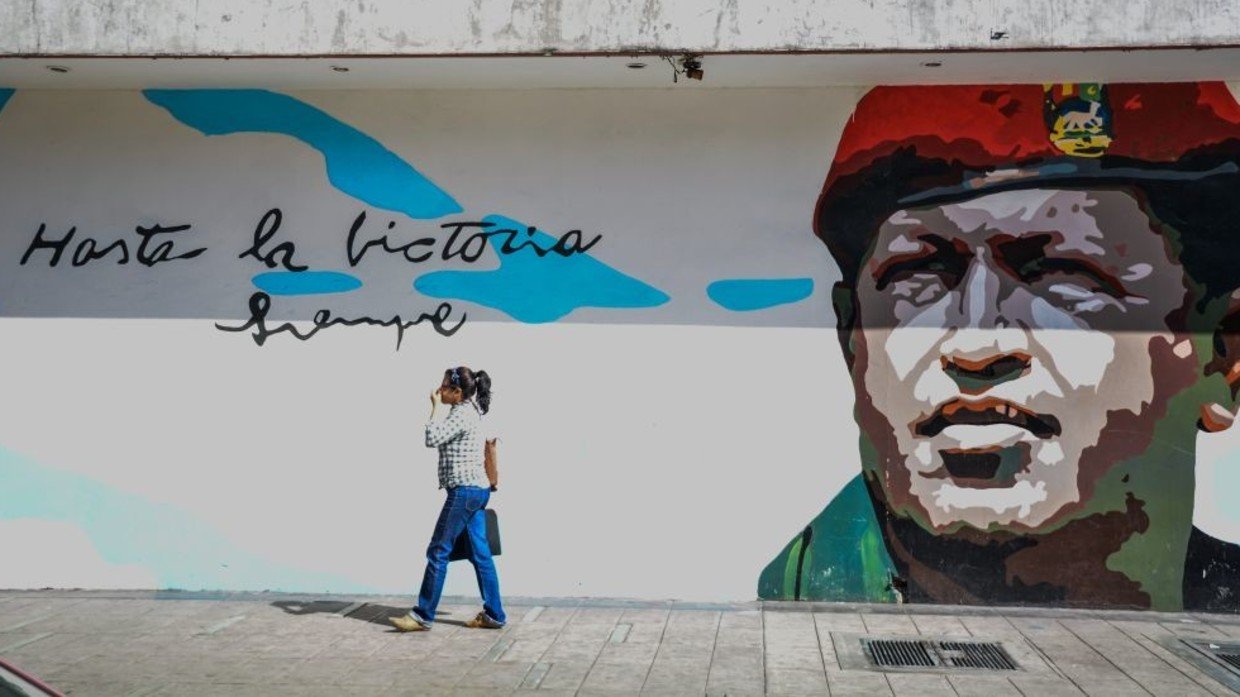Venezuela’s National Assembly, an opposition-controlled legislative body, said annual inflation has reached 1,300,000 percent in November as the country struggles through its worst economic crisis ever.
At the same time, the rate of monthly inflation has gradually decelerated during three months through November. According to the report by the National Assembly, the figure declined to 144 percent in November compared to 148 percent the previous month and 233 percent in September.
Earlier this year, the International Monetary Fund (IMF) warned that Venezuelan inflation would reach one million percent in the current year and 10 million percent in 2019. The Washington-based organization said Venezuela is mired in one of the biggest economic crises in the modern history, comparing its problems with those of Germany in 1923 and Zimbabwe in the late 2000s.
Also on rt.com When paper money goes to zero value: Venezuelan hyperinflation explained (PHOTO)The economy of the South American nation has been in a steady decline since the sharp drop in oil prices in 2014 that hit the budgets of the world’s major oil producers, such as Saudi Arabia, Russia, Norway and Iran. Apart from the oil price crash, Caracas has been under constant pressure from US sanctions aimed at President Nicolas Maduro and his government.
Last year, Washington banned US companies and individuals from trading new debt and equity issued by the Venezuelan government and state oil company PDVSA. The penalties also included several rounds of restrictions against top government officials and the president.
The decline, driven by low oil prices coupled with the US sanctions, has led to the devaluation of the national currency as well as shortages of food, medicine and other basic goods, triggering massive exodus of Venezuelan citizens to the neighboring countries, including Colombia, Ecuador, Peru and Brazil.
For more stories on economy & finance visit RT's business section


